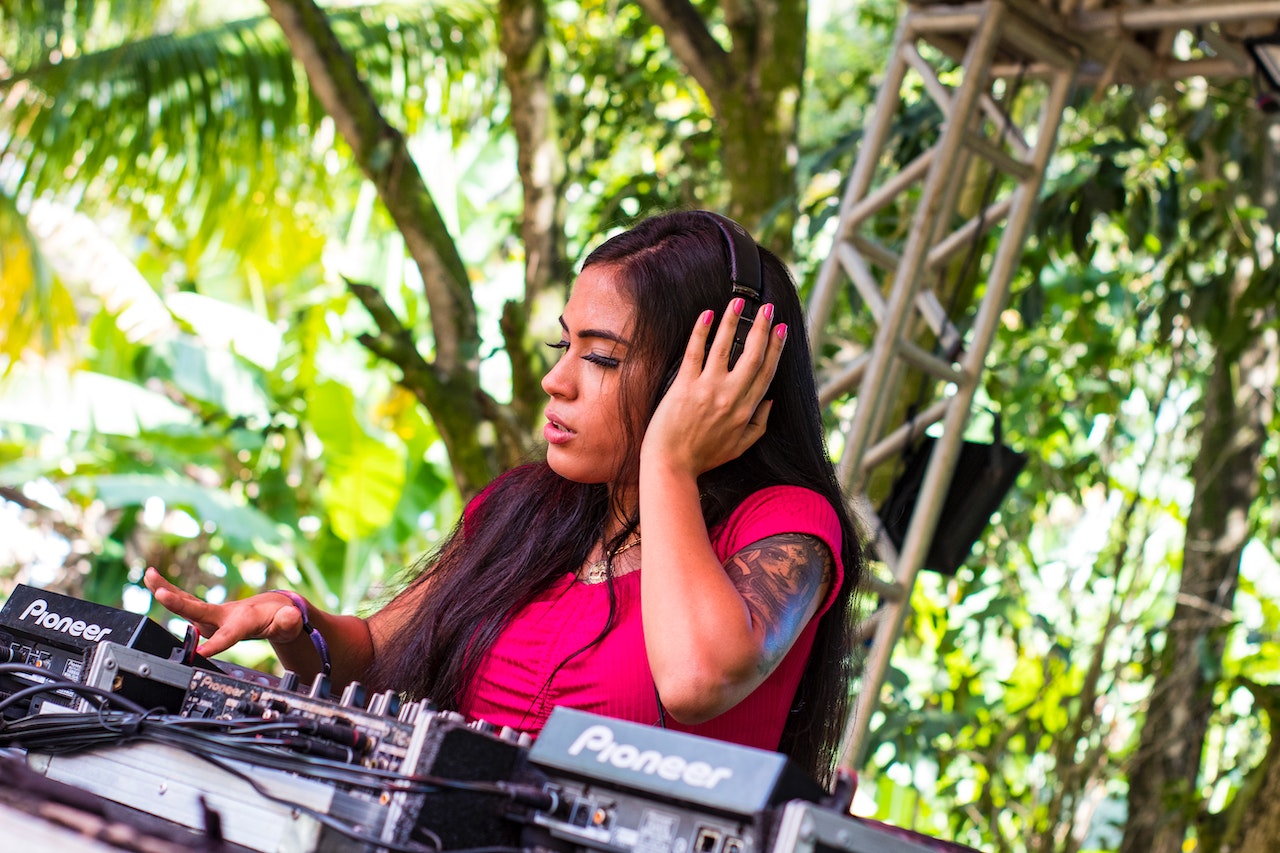Women in Music Festivals: Challenges and Opportunities for Gender Equality in Education and Performance

The issue of gender equality sometimes seems to be an eternal question. No matter what field it concerns. Music and musical art are not an exception. And research continues to show this. In particular, regarding the representation of female musicians in festival lineups. According to the Annenberg Inclusion Initiative’s 2021 report, only about 20-21% of artists who performed at music festivals in 2020 were women. The study also showed that the percentage of female songwriters remains low. In 2020, only 12.9% of songwriters were women. In the nine-year sample, 57.3% of songs do not contain any female songwriters. This trend continued in 2020: 65% of songs did not have any female authors. Women accounted for the smallest percentage of producers. Only 2% of all production positions among the songs included in the Billboard Hot 100 in 2020 were held by women.
However, it’s not all bad. There are also many opportunities in the music industry to ensure gender equality in education and performance. Music festivals are taking some steps to overcome the gender imbalance. For example, they create stages for women only and introduce gender quotas. There are also organizations that support and promote women in music. This is an initiative of Keychange and Women in Music. The music industry generates billions of dollars in revenue every year. But it continues to suffer from gender inequality. Therefore, this situation definitely needs to be resolved so that women have the same opportunities as their male colleagues.
Challenges They Meet and How to Solve Them
As it turned out, the low representation of women musicians in music schools is one of the most significant problems of gender equality in music education. A report by the National Association for Music Education shows that only 25% of full-time music faculty at colleges and universities are women. This can directly affect the experience of female music students. Therefore, we should work on this as well. The topics of gender inequality, and not only in music, should be raised and highlighted. In particular, when writing student and academic papers. Sometimes this may seem like a difficult task. But great examples can be found with the help of various paper services. In particular, essay writing service is one of them. Professional writers will be able to provide students with qualified assistance and the essays will meet all the requirements, while covering the topics students need. In this case, the topic of gender inequality and how to deal with it.
There are also entire genres that are traditionally dominated by men. These are electronic dance music, rock and jazz. Such a small representation can contribute to the spread of gender stereotypes in this industry. In addition, it can make it difficult for women to be recognized and gain popularity. Therefore, educational activities should be carried out here as well. It is necessary to mention female performers in these genres more often and thus motivate female students.
Opportunities in Music Industry and Education
Despite the above challenges, an opportunity for gender equality is to increase the number of female mentors in music education and female role models in the industry. Women who have achieved success in music are excellent role models for young musicians. Mentors and female teachers can also encourage female students and provide valuable support. This will help young performers to be more confident in what they do.
Another opportunity is the growing availability of various resources that support women musicians. As mentioned earlier, the organization Women in Music provides such resources and supports women working in the music industry in a variety of ways.
We have also already touched on gender quotas. This is when there is a clear requirement that a certain percentage of the festival participants are women musicians. There has been some criticism of this method of influence. Still, it is clear that this is a significant step in overcoming gender inequality. It is an opportunity for women musicians to be recognized and popular.
In addition to all of the above, women-only events create a sense of support among women musicians and a sense of community. This can only lead to good results. Namely, the creation of a more supportive music industry in general and a more inclusive one in particular.
Afterwards
As we can see, the music industry still has a long way to go to achieve gender equality in both performance and education. But most importantly, there are opportunities. And they are growing. This includes an increase in the number of female role models and various innovative approaches. Such as women-only events and quotas. It is also the support of women musicians by real examples of their female teachers. So we can be sure that there is no negative step backwards.